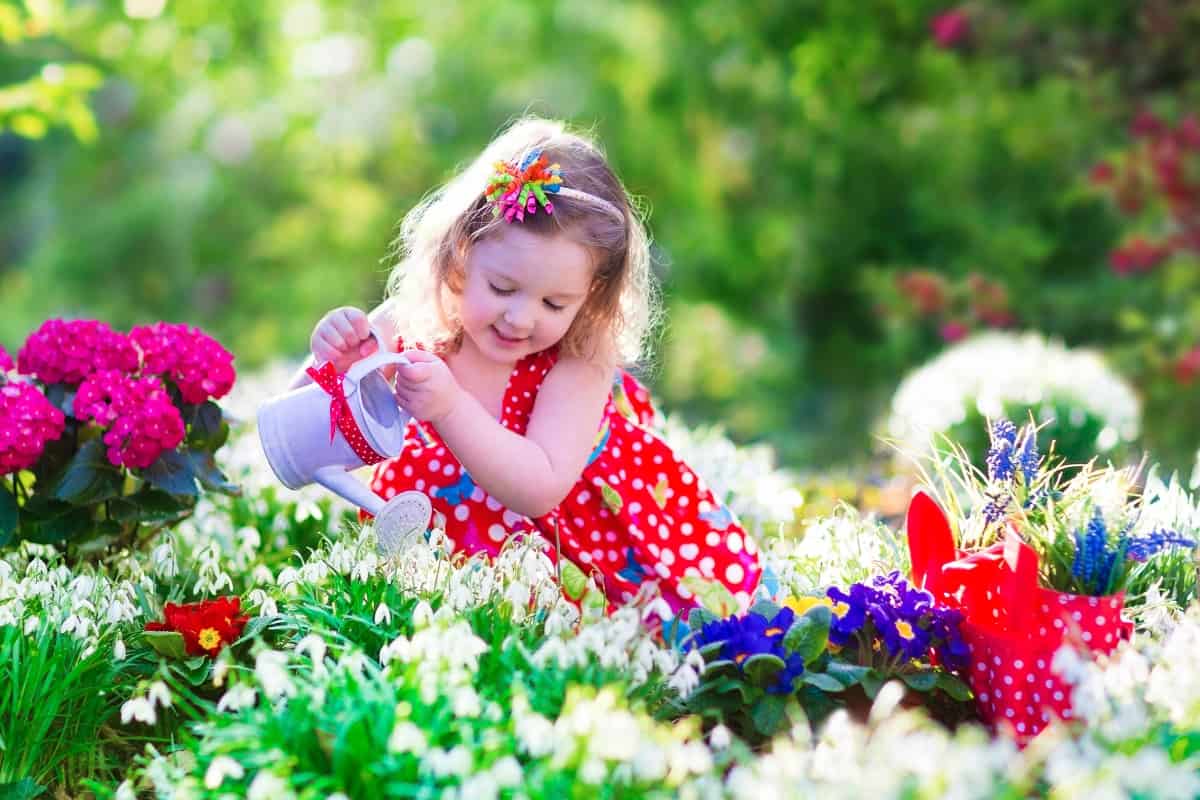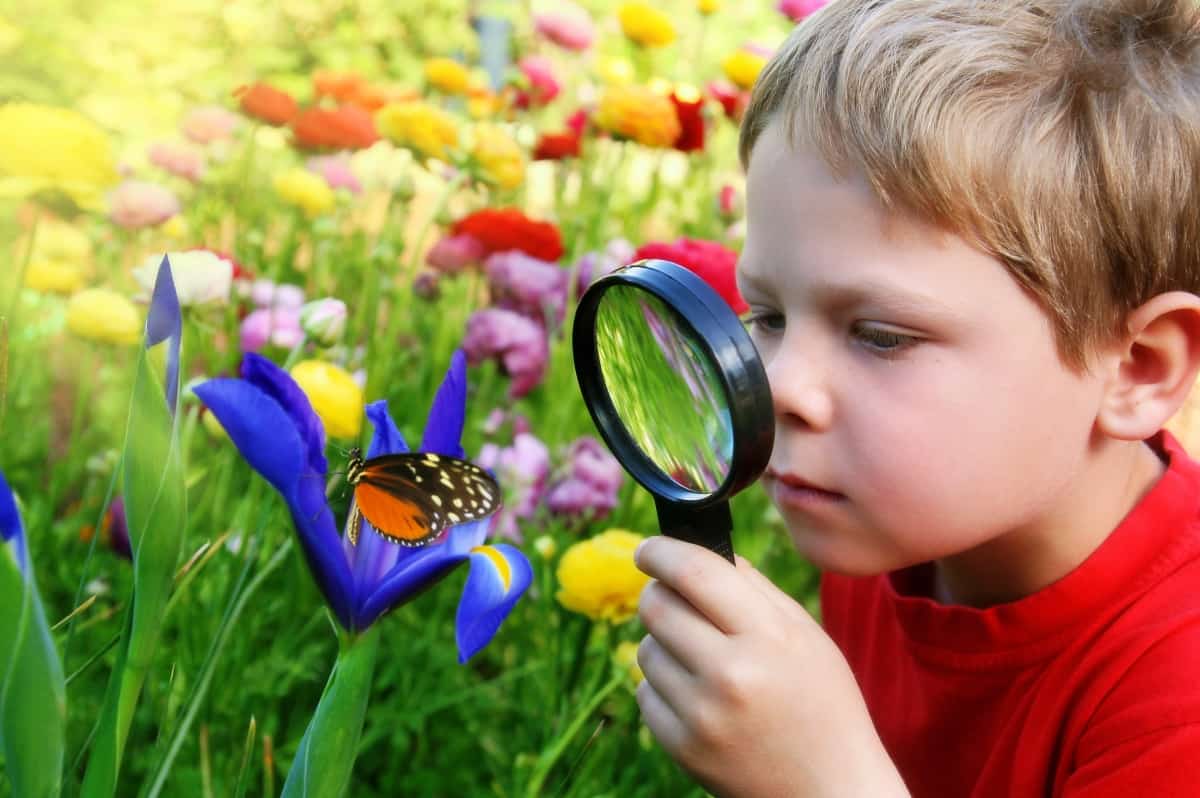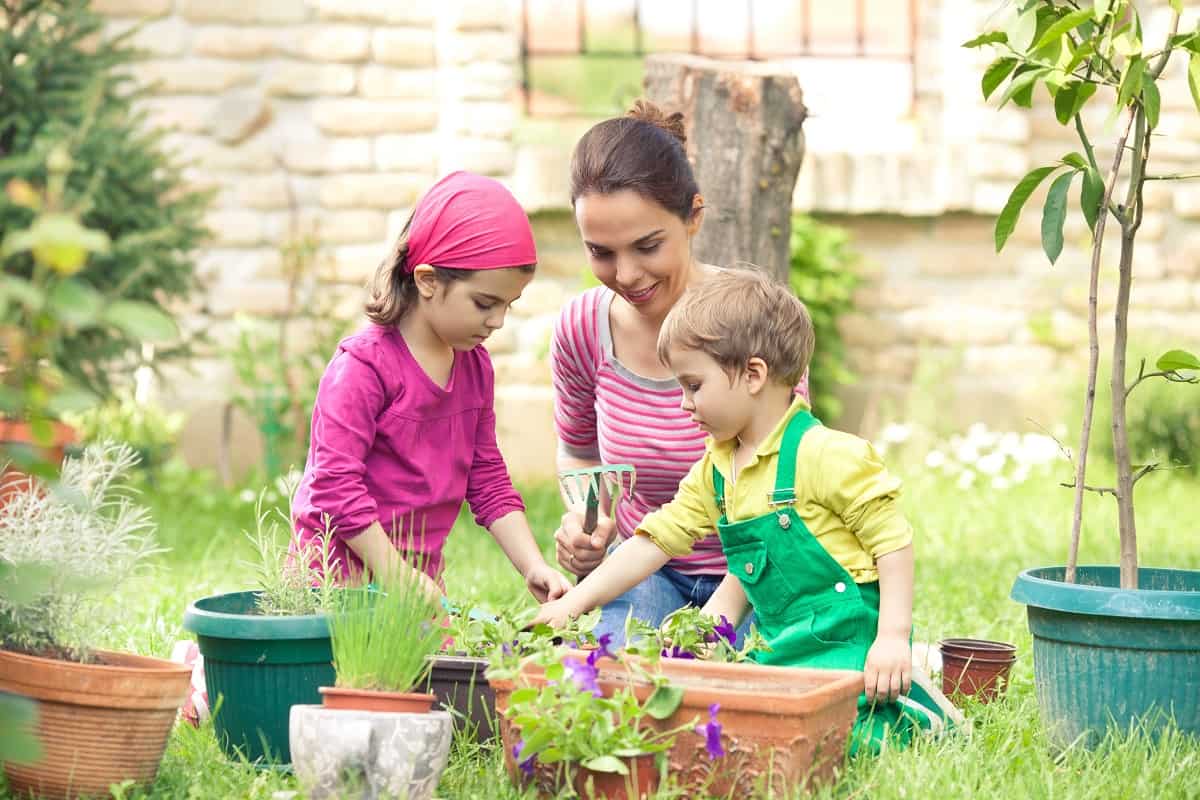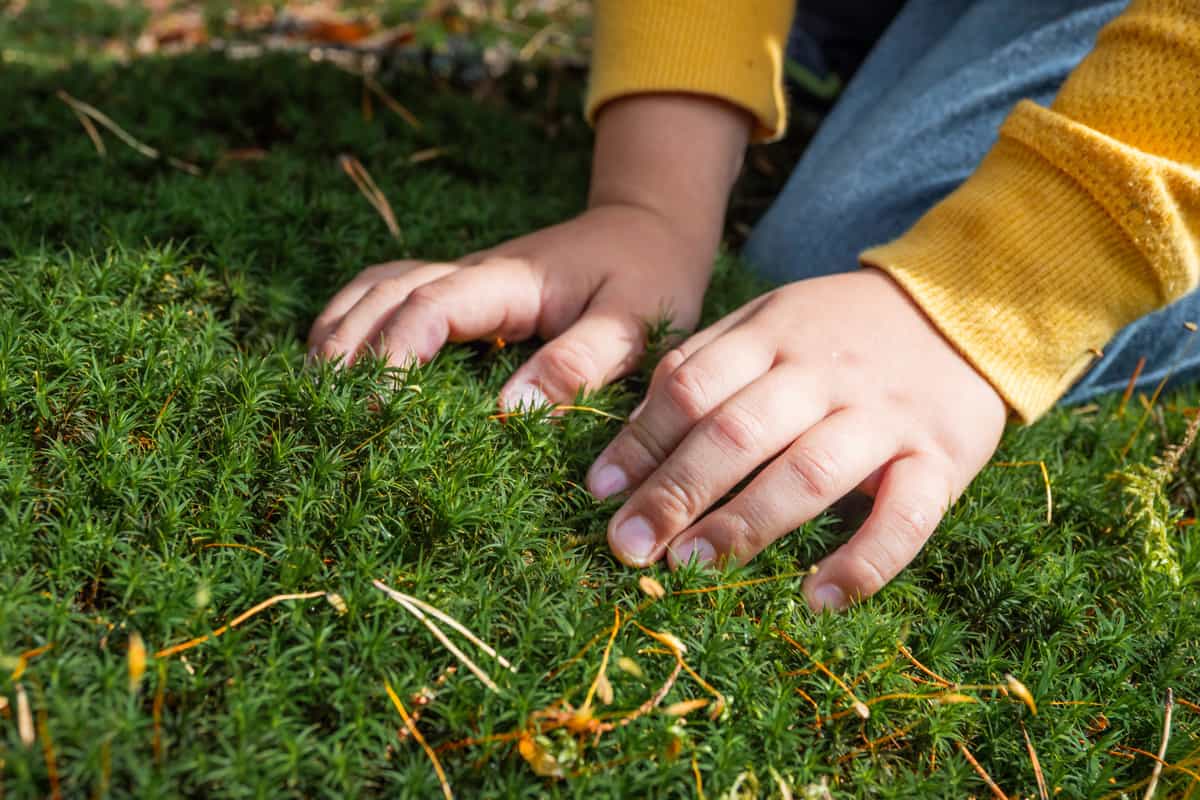In a world where instant gratification is just a click away, teaching children the value of patience and the ability to delay gratification is more important than ever.
The ability to delay gratification in early childhood has been linked to numerous benefits later in life.

However, finding programs that are both educational and appealing to young children can be challenging.
One intervention that shows promise in this regard is the use of gardening programs.
These programs not only engage children in a fun and productive activity but also have the potential to teach them valuable life skills.
The Study: Use of Gardening Programs as an Intervention to Increase Children’s Ability to Delay Gratification
A study published in HortTechnology in 2023 examined the ability of preschool gardening programs to help children develop their ability to delay gratification.

The study involved preschool children aged 2 to 6 years and utilized both treatment and control groups from different schools.
The participants were tested individually to determine their ability to delay gratification, where they were promised larger rewards if they could wait for 15 minutes.
Interestingly, the study did not find a significant change in all children’s ability to delay gratification after the gardening program.
However, it was observed that females seemed to respond more positively to the gardening intervention in their ability to delay gratification, whereas males in the control group benefited more from traditional school lessons.
Historical Background
Gardening has long been recognized as a dynamic resource for scientific observations and outdoor investigations.

Early educators like Rousseau, Pestalozzi, Froebel, and Montessori acknowledged the significance of gardens in children's education.
The 1990s witnessed a resurgence of interest in school gardens, leading to the establishment of thousands of school gardens and garden curricula.
Michelle Obama, by planting the White House Kitchen Garden in 2009, brought children and gardens into the spotlight, encouraging the growth of school gardens through the Let’s Move! initiative.
The benefits of school gardens are often demonstrated through the scope of students’ academic success, where the garden is used as a teaching tool.
Literature has consistently demonstrated positive impacts of garden-based learning on both direct and indirect academic scores, especially at the elementary level.
Why Gardens?
Children have an innate interest in nature and gardening, which provides an opportunity for educators to translate natural curiosity into achievement relating to lifelong learning.

Gardens offer a setting for optimum learning relationships, described as something waiting to be discovered, a lack of fixed rules, and an interaction that is changing and adapting daily.
Involving young children in experiences with the natural world allows them to develop a sense of wonder and build a foundation for future academic concepts, using a holistic approach to teaching and learning.
Result: Patience and Delayed Gratification
While the study did not find a universally significant change in children’s ability to delay gratification through gardening programs, it does offer insights into the varying responses among different demographics.
Gardening programs can be a valuable tool in engaging children’s curiosity and interest in the natural world, potentially aiding in the development of patience and the ability to delay gratification.
This, coupled with the historical evidence of the educational benefits of gardening, makes it a worthwhile consideration for early childhood education programs.
If you have children at home, it's best to get them involved in your gardening journey and see improvements in their overall demeanor.
For more gardening news, read here:
This Secret Garden In Texas Unveils A New Fantasy World And It’s A Must-See!
Garden Giants: Uncovering the Jumbo-Sized Vegetables of the World
